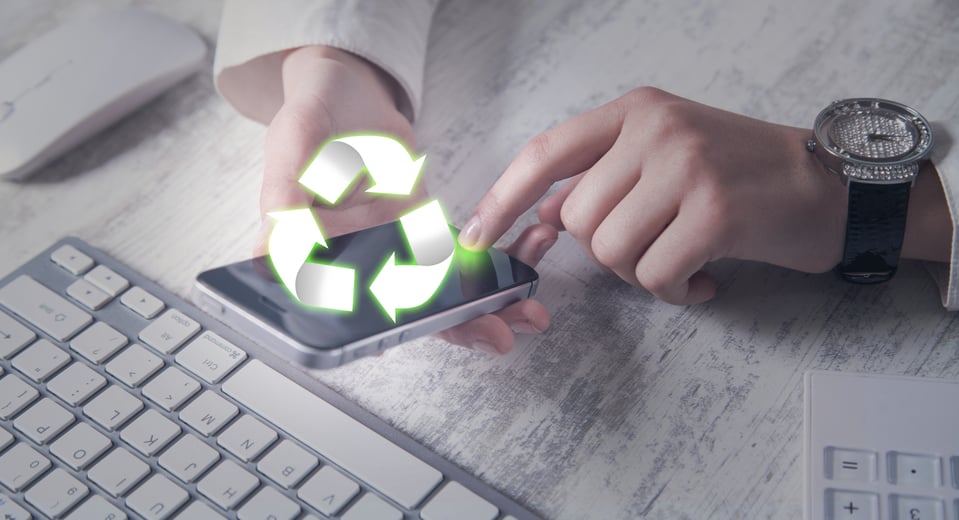
Blogs
Objectivity is the key to customer trust in refurbishment business
Apple CEO Tim Cook in his keynote speech while accepting Ceres' Sustainability Award opines that Refurbishing smartphones is the way of the future. At OptoFidelity, we have been providing several automation/grading products and solutions to the smartphone refurbishment industry for over 5 years. We have noticed that practices utilized in the refurbishing processes are sub-optimal. There is a lot of potential for improving the quality of the refurbishment process and customer satisfaction, which will lead to faster adoption of refurbished smartphones.
The market for refurbished smartphones is projected to grow rapidly and is also indicated by the VC funding. Many companies have raised significant amounts of funds to speed up their growth. The main goal for companies is to restore value in the circular economy of refurbished smartphones. This requires optimal, sustainable, and scalable business solutions.
Based on research funded by the Nordic Council of Ministers in 2017, the key growth factors are:
- lower prices,
- popularization of greener customer behavior, and
- lack of major innovations in the new smartphones.
A study published at the Sustainable ICT conference in 2016 revealed that during its life cycle, the majority of the smartphone's carbon footprint is associated with the manufacturing phase. Additionally, electronics waste is the world's fastest-growing source of solid waste and the consumption habits related to smartphones play a crucial role and impact the environment. All actions that extend the lifetime of smartphones are needed to tackle the ongoing climate change.
Based on the study related to circular economy practices by EESC 2019, there are certain barriers that are affecting growth. These barriers are related to the lack of trust, standardization, and awareness of the refurbishing process. This is evident when comparing shopping portals of different refurbished smartphone providers. There are no commonly accepted standards to guide the refurbishing and cosmetic grading process and make it possible for customers to do apples-to-apples comparisons. Instead, each company follows its own assessment criteria. As pointed out in a Wired 2018 article, this leads to distrust towards the companies and make comparison of the alternatives complicated.
The cosmetic grade perceived by the operator is fundamentally subjective. The quality of visual inspection and individual's bias affects to what is the perceived grade for a given device. By introducing a set of explicit definitions for the different grade classes, companies can introduce some objectivity to the grading process. However, there are still challenges with this approach: measuring individual defects manually is slow and the whole process is bias- and error-prone.
Achieving a repeatable grading process with manual inspection is slow and expensive. It will not achieve the speed, accuracy, and repeatability level of an automated solution. Other benefits of automating the refurbishing process are easier process optimization, better predictability, and scalability.
To discuss how automation can bring value to your refurbishment processes, please contact Kari Järviö, Head of Smartphone Refurbishment at OptoFidelity.
Stay tuned for the next blog post. We will present how the automatic grading machine OptoFidelity SCORE can be utilized for efficient grading and improved customer satisfaction.
Written by


